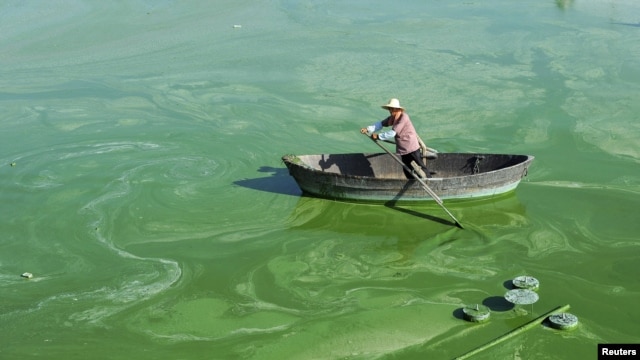eagleseven
Quod Erat Demonstrandum
Amazing Pictures, Pollution in China | ChinaHush
It's...breathtaking. Here's a few, more at the link.







It's...breathtaking. Here's a few, more at the link.









 This time I'm just pointing out the obvious.
This time I'm just pointing out the obvious.
